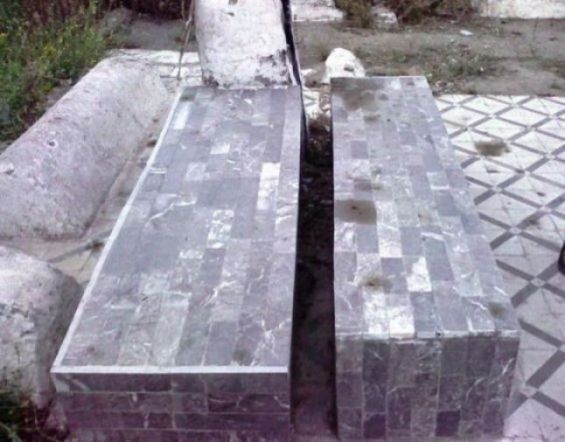Cherished and respected during his lifetime and even after his death, Rabbi Daoud (also known as David, Dawid or Daouad) Boussidan was a great Jewish scholar and one of the holiest saints that lived in Meknes during the 18th century.
Born in Tamallalt, a town in El Kelaa des Sraghna Province, according to a document in French and Hebrew that dedicated to his life. The latter left the region of Marrakech with his family in 1780 to settled down in Meknes.
«The family name Boussidan (…) consists of the Arabic prefix ‘bou-‘(western Arabic for ‘abou’ = ‘father of’) and a derivation of another Arabic word, ‘sudan’, meaning the ‘south’ (literally, ‘the country of the blacks’)», Avotaynu Online wrote.

Quoting a book on the Boussidan family genealogy, the same platform refers to the «circumstances of the arrival and settling in Meknes in 1780 of Rabbi David Boussidan, along with some 150 members of his community after they had been expelled from their homes in the village of Tamlilt in the Sahara».
At the time, Jews in Morocco had troubles living in Meknes. The same source recalls that «toward the end of the 18th century they were affected by the anti-Jewish persecutions of Sultan Moulay Yazid (1790–92)».
«Despite renewed attacks on the Jews of Meknes in the early 19th century (three synagogues were burned down in the riots of 1811), Jewish immigration to Meknes from other regions of Morocco grew late in that century», it added.
The founder of a yeshiva and a synagogue
The name of Daoud Boussidan rose to fame among the Meknes’ Jewish community. He founded a great yeshiva (Jewish school) that he led and supported until his death in August 1832. He was respected by the Jewish community because of his teachings, principles and generosity.
Although several sources refer to him as «a miraculous saint», without mentioning some of his miracles, the only miracle reported would have happened after his death. He left behind a family that gave birth to several rabbis and judges.
«Not so long ago, when there was a question of demolishing Rabbi Daoud’s\fn{Rabbi David Bussidan, a famous 18th century rabbi, well known for his miracles} old synagogue, Rabbi Daoud appeared regularly every night in a dream to those responsible for carrying out the demolition and gave them this warning».
His warning was : «Woe to him who touches the walls of this synagogue! He shall be cursed. This building must be left in peace and closed. No-one shall enter it until it falls into ruin of its own accord».

It is said that this is the reason why Rabbi Daoud's synagogue in Meknes «synagogue has remained standing, empty and closed, until the present day». Daoud Boussidan is not buried in his synaguoge. His remains lie elsewhere and more precisely «near the outside wall of the old cemetery of Meknes», according to Marcel Benabou, in his book «Jacob, Menahem, and Mimoun: A Family Epic» (Nebraska Press, 2001).




 chargement...
chargement...










